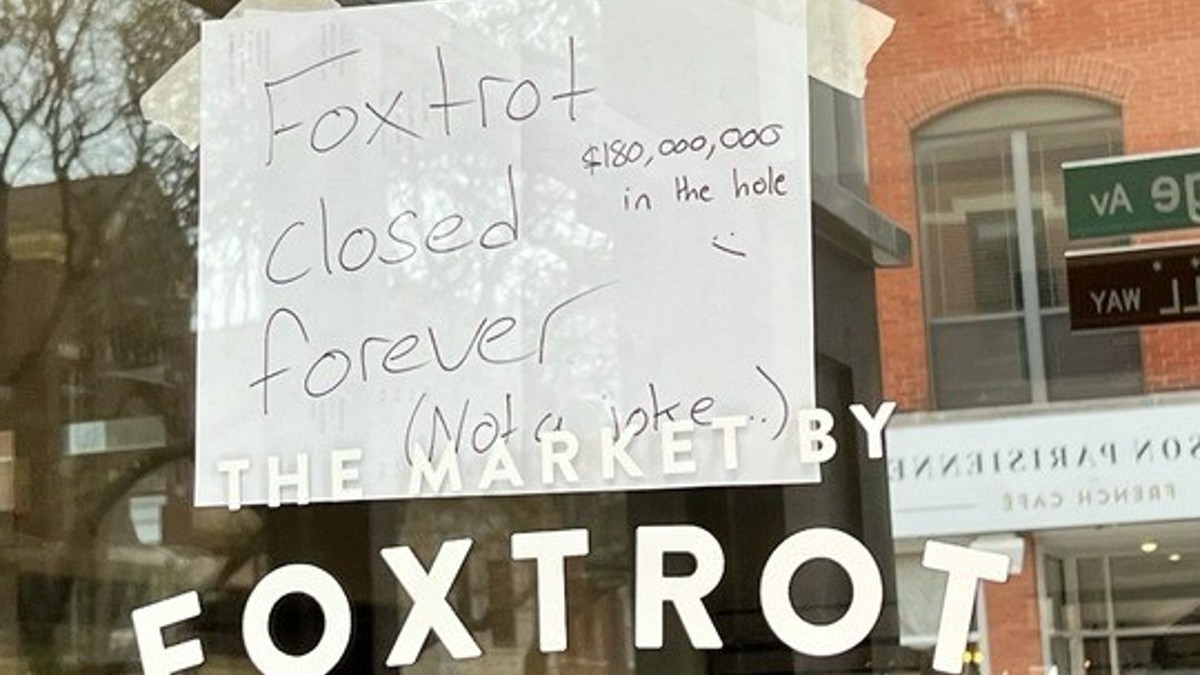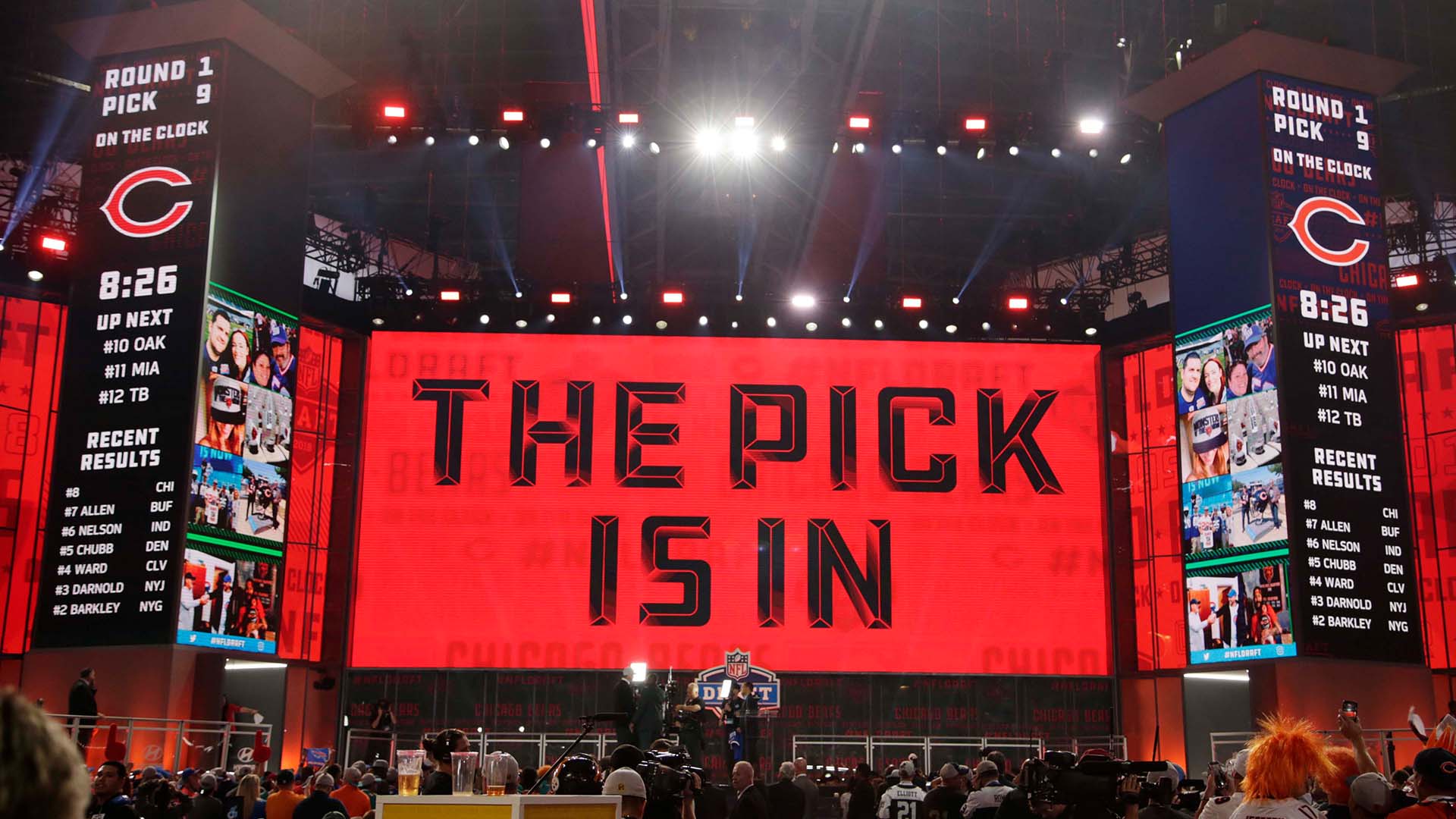These days, people bank online. They shop online. They even file taxes online. So why can't Illinoisans register to vote online, as voters do in other states?
Illinois Gov. Pat Quinn wants to modernize state election law by allowing would-be voters to skip visits to the courthouse or village hall by registering on their home computers.
"We must move our election process into the 21st century," Quinn told legislators last week in his State of the State address.
Supporters say the measure could benefit two million people in Illinois who are qualified but have not registered. They say the option could be particularly attractive to 18- to 24-year-olds, more accustomed to using the web. And other states have adopted it and put in place systems to address concerns about voter fraud.
Proposals to lessen the burden of voting have at times been viewed skeptically by Republicans as efforts to benefit low-income and minority voters who mark Democratic ballots. But many states that allow online registration are Republican leaning, and Illinois' GOP leadership doesn't object to the governor's proposal — though questioning whether it should be a legislative priority at a time when the state has its plate full with so many serious financial challenges.
"The more people voting, the better for us," Pat Brady, Illinois state GOP chairman, told The Associated Press. "But to spend three breaths or a nickel ... to work on this is just nothing but a waste of time."
Democrats and Republicans have repeatedly said legislators must focus all their efforts on fixing Illinois' worst-in-the-nation pension crisis. The state is about $96 billion behind in pension contributions and owes billions in backlogged bills.
Quinn, who is up for re-election next year, hasn't actively been exploring the online voting issue. His office hasn't proposed any details for how an online system would work.
His spokeswoman Brooke Anderson said the general concept is that voting-age individuals would be allowed to register online if their registration information, such as date of birth and citizenship, is verifiable. The applicant also must have a verifiable signature on file with the secretary of state's office or a statewide voter registration database.
Local
Secretary of State Jesse White hasn't been consulted by Quinn, White's spokesman Henry Haupt said. Neither has the Illinois Board of Elections, spokesman Jim Tenuto said. However, Tenuto said the measure could be helpful in beefing up registration rolls.
"It's a matter of making it easier," he said.
A former state elections chief, Ron Michaelson, said preventing fraud should be paramount. He said voters wanting to register online should be required to cast their ballot in person the first time they vote to verify identification. That requirement already is in place for anyone who registers by mail.
At least 15 states, including Colorado, California and Nevada, allow voters to register online.
The U.S. Election Assistance Commission has estimated that nearly 769,000 people nationwide registered online to vote in the 2010 midterm elections. The number went up by almost 78,000 compared to the 2008 presidential election.
Democratic leaders in Congress have introduced proposals to force states to have voter registration websites, but the measures face a tough battle in Washington's partisan climate. Some opponents argue that election matters should be decided by individual states, not Congress.
Under California law, an individual's online application includes date of birth and the last four digits of the Social Security number, which is checked against a driver's license or identification card kept by the state's Department of Motor Vehicles. If the information matches, an electronic image of the applicant's DMV signature is added to the application at the end of the process.
Colorado launched its registration website in 2010. The site allows individuals to register and amend their information. The site was used by 162,000 people the last day before the deadline to register for November's election, said Richard Coolidge, spokesman for the secretary of state's office, which administers the website.
While easing the registration process, Coolidge said the online process also reduced costs for county offices, which no longer have to hire temporary staff to process a crush of applications close to the registration deadline.
"Clerks (used to be) delivered stacks upon stacks of voter registration forms," Coolidge said.
Colorado's site was upgraded to allow people to register using smartphones and tablets.
Anderson, of Quinn's office, said the online option could help prevent data entry mistakes. Sometimes county personnel have difficulty reading an applicant's handwriting when copying the information into the voting rolls. Other times applications are missing information and registration can't be completed.
The cost of the website hasn't been determined. Nevada's site cost $248,000 but took advantage of federal funding. It went live statewide last fall.



